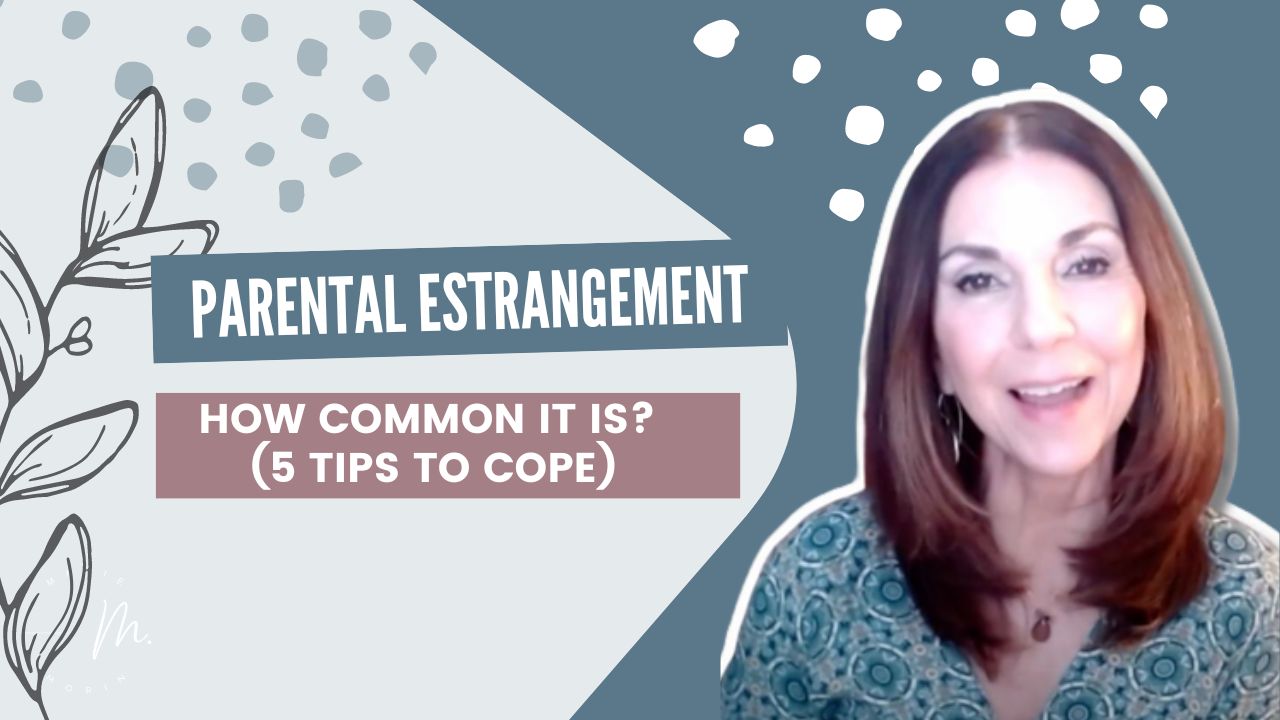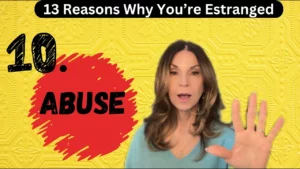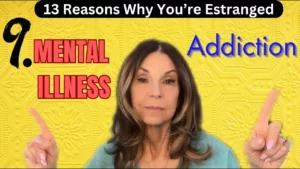Parental adult-child estrangement is an issue that is far more common than many people might think. Research shows that 27% of Americans become estranged from one or more family members. This statistic means it is a problem affecting many people, yet it is a topic kept behind closed doors.
Parental estrangement is caused by various factors, such as mental health issues, abusive behavior, or the fact that parents and children have drifted apart in values. Finding a way to reconnect and move forward is possible with the proper support and guidance.
This article discusses How Common Is Parent-Adult-Child Estrangement? (5 Tips To Cope With Cut-Off)
Cultural Shifts
One of the main factors contributing to estrangement between families is a cultural shift in family values. As society and culture have changed, so too have many families’ values and beliefs. This value shift can cause a disconnect between family members, leading to estrangement and alienation.
For example, in some cultures, it is essential to adhere strictly to traditional values, such as honoring one’s elders and respecting authority figures. In modern society, however, these values are only sometimes embraced. Many families find themselves at odds with each other as they struggle to maintain their traditional values in the face of a changing world.
By understanding and respecting each other’s values, families can create a more harmonious environment where all members feel connected and valued.
A Rise Of Individualism
In our increasingly individualistic society, it is common for adult children to become estranged from their parents to find independence. Parents may behave with good intentions and are perceived as controlling, or the adult child might think their parent’s expectations are too high to be met.
Individualism is a core value in today’s society. People are encouraged to create their own unique identities and to be independent. This value has been embraced by many, but it can also lead to estrangement. As children become adults, they may need to break away from their families to create their identities.
Shifting Away From Obligation
In the past, families were expected to be a unit, with each member playing a specific role. As family dynamics have changed, adult children increasingly find that they can pursue their interests and goals regardless of their family’s expectations.
The trend of adult children shifting away from traditional family obligations and even becoming estranged from their parents is increasingly common. Various factors, including the rise of social media, changing economic circumstances, and changing dynamics of family life, contribute to family tensions.
Evaluation Of Parents
Kylie Agllias, in her book Family Estrangement: A Matter Of Perspective, talks about how adult-child estrangement is rooted in a low relational evaluation in many cases. The low evaluation means that the adult-child perceives that their parent or other family member does not value them as much as they would like.
The adult child may feel that their parent does not understand them or does not recognize their worth. These evaluations can lead to feelings of hurt and resentment and, ultimately, the relationship breakdown. It is essential to realize that adult-child estrangement is rarely one-sided, and both parties are responsible for working on the relationship. Understanding the root cause of the estrangement is necessary if the connection is to be repaired.
Acknowledging the importance of relational evaluation helps identify the underlying issues and allows both parties to take steps toward healing and rebuilding the relationship.
Hopes Of Reconciling
Reconciliation is possible when both parties are willing to put in the effort. Be patient and understanding. Show your adult child that you are open to hearing their point of view and supporting their choices. Listen to your adult child and support their choices. You are willing to do whatever it takes to repair the relationship, and you will find reconciliation possible.
Five Tips To Stay Well:
1. Self-care
Continue to prioritize your well-being. Care for your body, mind, and spirit by creating daily practices that feel good. Exercise, a healthy diet, and meditation can be excellent places to start.
2. Be Informed
Remember why estrangement has become common, and know you are not alone. You’ll want to be educated on the many factors of estrangement so you can gain a better understanding of its intricacies.
3. Communication Tips
Practice your communication skills. Listening and validating are great places to start. Become comfortable letting your adult child express themselves to you and prepare to take responsibility within reason for the ways they might express you have disappointed them.
4. Get Support
Seek support from a therapist or coach if you suffer more than the usual pangs of missing your adult child. Continued stress wreaks havoc on the body and mind, and having someone to support you through this challenging time will decrease the likelihood of becoming engrossed in anxiety and depression.
5. Be Connected
Stay connected to friends and family that love you. Indeed, people in your corner want to see you thrive and be happy. Schedule phone calls or lunch dates to spend time with loved ones to remind you that you are worthy of loving relationships.
Conclusion
Parent-adult-child estrangement is a complex phenomenon that is more common than many people think. Finding ways to cope with the pain and grief of a cut-off relationship is essential.
Following the five tips outlined in this blog can help you manage your feelings and take the first steps toward reconnecting with your family. Although it may take some time to heal the wounds of a broken relationship, finding peace and moving forward in a healthier, more positive direction is possible. This article discusses How Common Is Parent-Adult-Child Estrangement? (5 Tips To Cope With Cut-Off)









